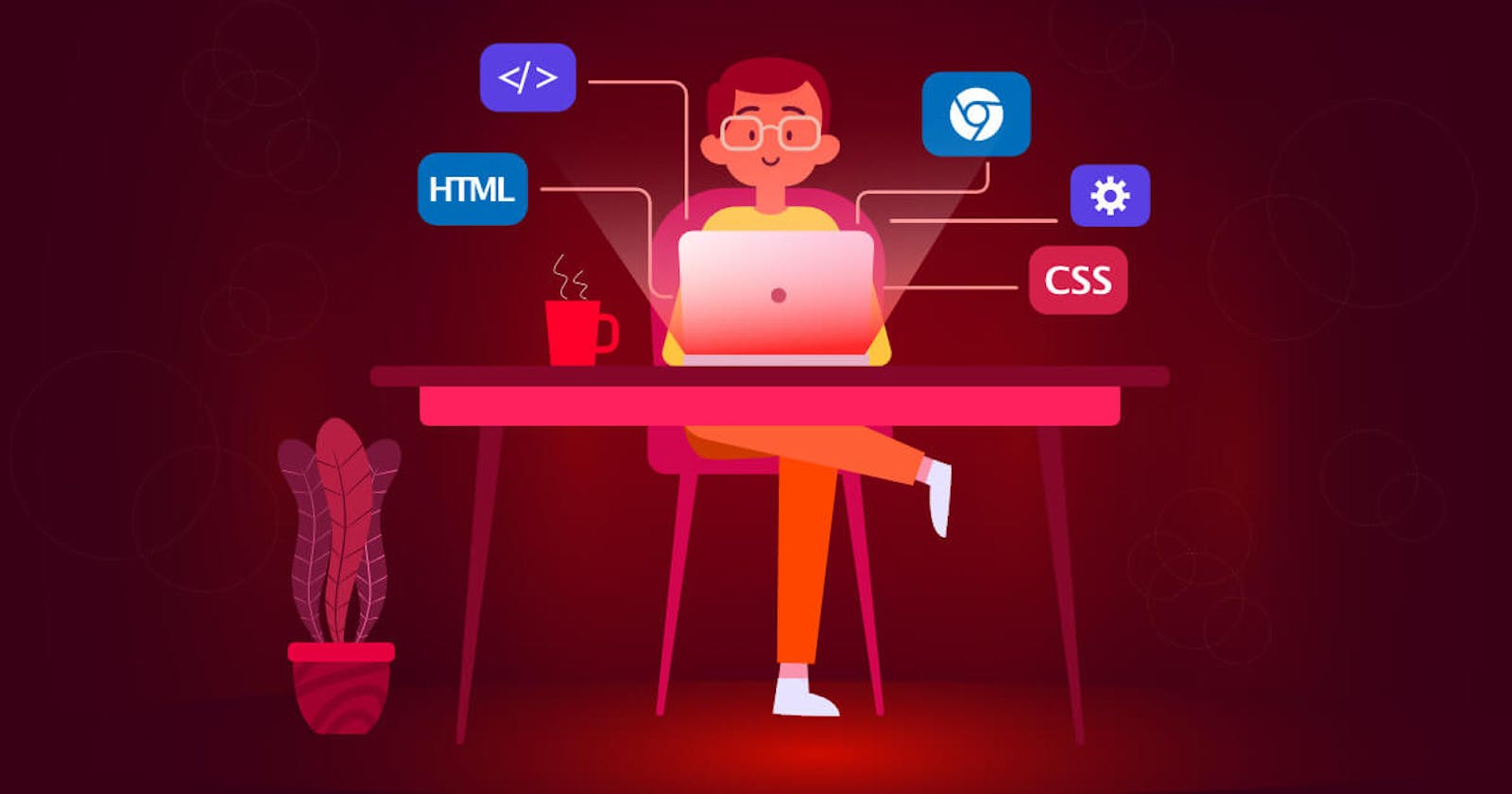Hey devs!
I love tech articles with real value for readers and #4articles4weeks challenge came up with the problem I want to solve for you right here and right now.
Landing the first dev job may look like a hard task for you. Usually because of 3 reasons:
- People around can’t get a job and talk about it from time to time.
- Job descriptions for juniors have too high requirements.
- There are not many jobs for juniors.
What if I tell you that these problems do not actually exist?
I will show you the real problems and what you need to do to get your first dev job.
There are 3 main problems
- Wrong goals
- Wrong path
- Lack of consistency
1. Wrong goals
People are bad at setting goals. I mean - really bad. We usually wish only for the last stage of the goal and forget about other steps needed.
- If you eat pizza, you’re not jumping from zero bites to the eaten pizza immediately. You make a lot of small bites.
- If you build an app, you’re not jumping from 1 line of code to the finished product. You think, you google, you write many other lines of code.
In both cases you have a roadmap of your actions. They may be easy or hard but you always know what to do next.
Ask yourself now:
- Do you have a roadmap, a plan of how you will get your first job? No? You should have one.
- Do you know right now what you need to do next to get a job? No? But you will know with a step by step plan.
The plan shouldn’t be strict. It can be dynamic but you always MUST know what to do next.
Spend 30 min and learn how you can set goals way better with this video:
2. Wrong path
During 2020 I helped several dozen of devs to review their CV and gave advice about the job. Almost all people who wrote to me had the same problem - they chose the wrong path to move from nothing to their first job. This problem is the result of the previous one when you want to get this dream job so quickly that you forgot about everything else. It is a problem. And we need to solve it.
1. Define the stack of technologies
Please don’t jump from one technology to another just because your friend said so or your favorite influencer said that A is better than B. Right now your job is to understand how things work. If you will jump between technologies all the time you will know many of them but will not know how to work with any.
2. Create unique apps
Calculator, Weather app, To Do app are great to learn how to code but these apps should never be in your CV or portfolio. But you still can make them unique. Build “MMORPG drop probability calculator”, some “currency converter” or tracker. Build “books gallery” or “pokemons viewer” instead of “Movie app”. Build simple but useful tools like “List to Array converter” or “Random person generator”. These apps may have similar logic but they will be more unique and interesting. So the chances that a company will remember your portfolio will be slightly higher.
3. Get your commercial experience
Many junior job descriptions ask you to have some commercial experience. But how can you get it without a job? Well there are several options. You have friends, relatives. Ask if some of them need a web page or an app for anything. This is the case when you can build not just a simple pet project for yourself but a product that someone else will use:
- Inventory app for someone making handmade things.
- Workout tracker for your friends from gym.
You may have clubs or groups of people with some interests. Think a bit if you can build something useful:
- Books app that will show reading progress of all participants of the club.
- A website where you can swap pokemon cards with friends.
And the most important - look at the business in your own city or even region. Many local companies have awful old websites. Cooperate with them and build a better one.
Find local business that don’t have a website and ask if they want you to build it for them. Ask some small companies or private entrepreneurs if you can automate something. I know it’s not the commercial experience big companies want from you. But having even these examples in your CV is way better than nothing. Moreover they show that you may be more experienced than your competitors.
3. Lack of consistency
Procrastination and laziness are still big problems. I know about it as I observed a lot of developers on Twitter during the last 2 years. I saw how people who worked on their goals, shared results and got what they wanted. From the other side I saw and I know people who could do a lot but they spent time on wrong/useless things or they were just lazy asses.
The key to solve this problem is different for every person so I don’t have any specific solutions. It’s a question of your will, your motivations, your real desire to get that job. But what I know from my own experience - this problem is the most important. No consistency - no results.
I got my first dev job when I solved these problems for myself. And I lost all of my attention on Twitter when these problems came back. So I have a real experience following these steps.
I hope you will follow my advice and they will help you to get your first dream job.
Good luck! 🙌
